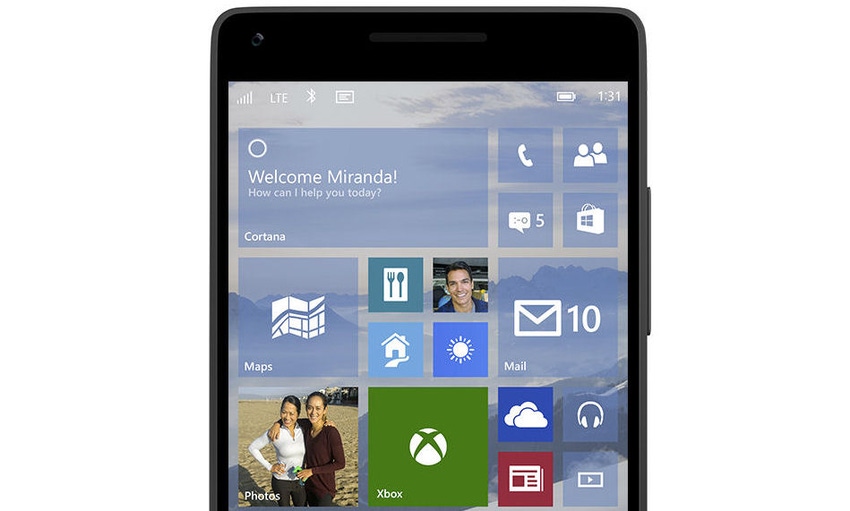Software giant Microsoft unveiled a bunch more features from its upcoming “next generation of Windows” – Windows 10. As revealed in the previous preview, this version of Windows is all about desktop and mobile convergence, with the latest rumours indicating a single code base for all device types.
January 22, 2015

Software giant Microsoft unveiled a bunch more features from its upcoming “next generation of Windows” – Windows 10. As revealed in the previous preview, this version of Windows is all about desktop and mobile convergence, with the latest rumours indicating a single code base for all device types.
Microsoft’s central problem is that not enough developers want to make software for Windows Phone, so it’s hoping to solve this by making it no different from writing software for the Windows PC. To further kick-start this process Microsoft will be offering Windows 10 as a free upgrade for anyone currently on Windows 7 or 8.1 and anyone on Windows Phone 8.1 – indicating the retirement of the Windows Phone brand.
In a further piece of convergence Cortana – the Siri-like digital assistant included in the latest version of Windows Phone – will form part of Windows 10, and thus be available on all devices running that OS.
Perhaps in acknowledgement of the difficulty it’s experiencing in getting developers to play ball Microsoft is developing some “universal apps” that, again, will work across all devices. Especially important is Office, which will apparently be preinstalled on some kind of de-featured form, using the fermium model to entice people to upgrade to the full-fat version. Other previewed apps include one for managing photos and Skype as a universal communications tool.
Even the browser is being revisited, with Internet Explorer rapidly losing share to the more mobile-friendly Google Chrome. Project Spartan is the new platform-agnostic browser project that will need to prove it’s at least as useful as Chrome to reverse that trend. And while it’s breaking down platform barriers, Microsoft is even bringing the “Xbox experience” to Windows 10, which seems to allow you to play Xbox games on your PC.
On the evidence of this preview Windows 10 looks like a strong step in the right direction. Imposing a mobile-style UI on desktop users in Windows 8 was always a crude precursor to genuine convergence and Microsoft tends to alternate good and bad Windows versions. While it remains far from assured that this will make Windows smartphones more popular, it should at least give Microsoft a much more flexible mobile offering. Here’s the corporate vid.
About the Author(s)
You May Also Like








.png?width=300&auto=webp&quality=80&disable=upscale)


_1.jpg?width=300&auto=webp&quality=80&disable=upscale)


.png?width=800&auto=webp&quality=80&disable=upscale)